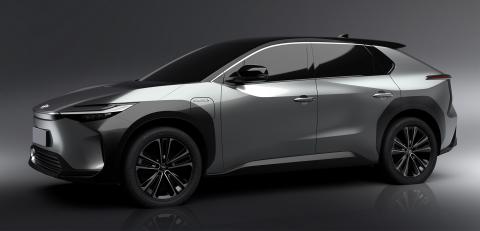Future models from Toyota could be designed to have an aerodynamic drag coefficient as low as 0.1 Cd.
Toyota recently unveiled further details of its electrification plans at a recent workshop in Japan. The carmaker stated that they will start rolling their next-generation EVs by 2025, which will be far more advanced and offer significantly improved battery tech.
Toyota stated that the company plans to offer different battery packs: one for the mass EVs and another offering better capabilities for its premium vehicles.
Those powering the affordable EVs will be a bipolar lithium-iron-phosphate (LFP) battery. The standard LFP batteries on the new-gen EVs will have 20% more capacity, a 40% reduction in cost and a charging time of 30 minutes or less (10-80%); compared to the brand’s bZ4X EV. There will also be a ‘performance’ version of the LFP batteries offering a cruising range of 1000 km.
Apart from the LFP batteries, Toyota is also said to be working on solid-state batteries. The Japanese carmaker aims to have these solid-state batteries ready for commercial use by 2027 or 2028. The new solid-state batteries will have a 20% higher range than the performance version of the LFP batteries – around 1200 km. Making things more interesting, Toyota will also have a ‘higher-spec’ version of the solid-state batteries, which has a max range of 1500 km on a single charge. These solid-state batteries would also allow 10-80% charging times to drop down to just 10 minutes, bringing it close to the time taken to refuel an ICE vehicle.
In addition to the new battery tech, Toyota is also working on the aerodynamic efficiency of its vehicles. Future models from the Japanese carmaker could be designed to have an aerodynamic drag coefficient as low as 0.1 Cd.
Source: Read Full Article
